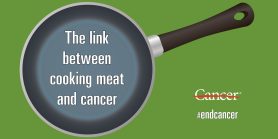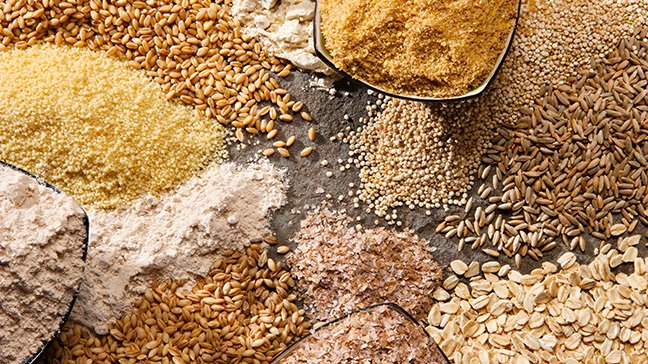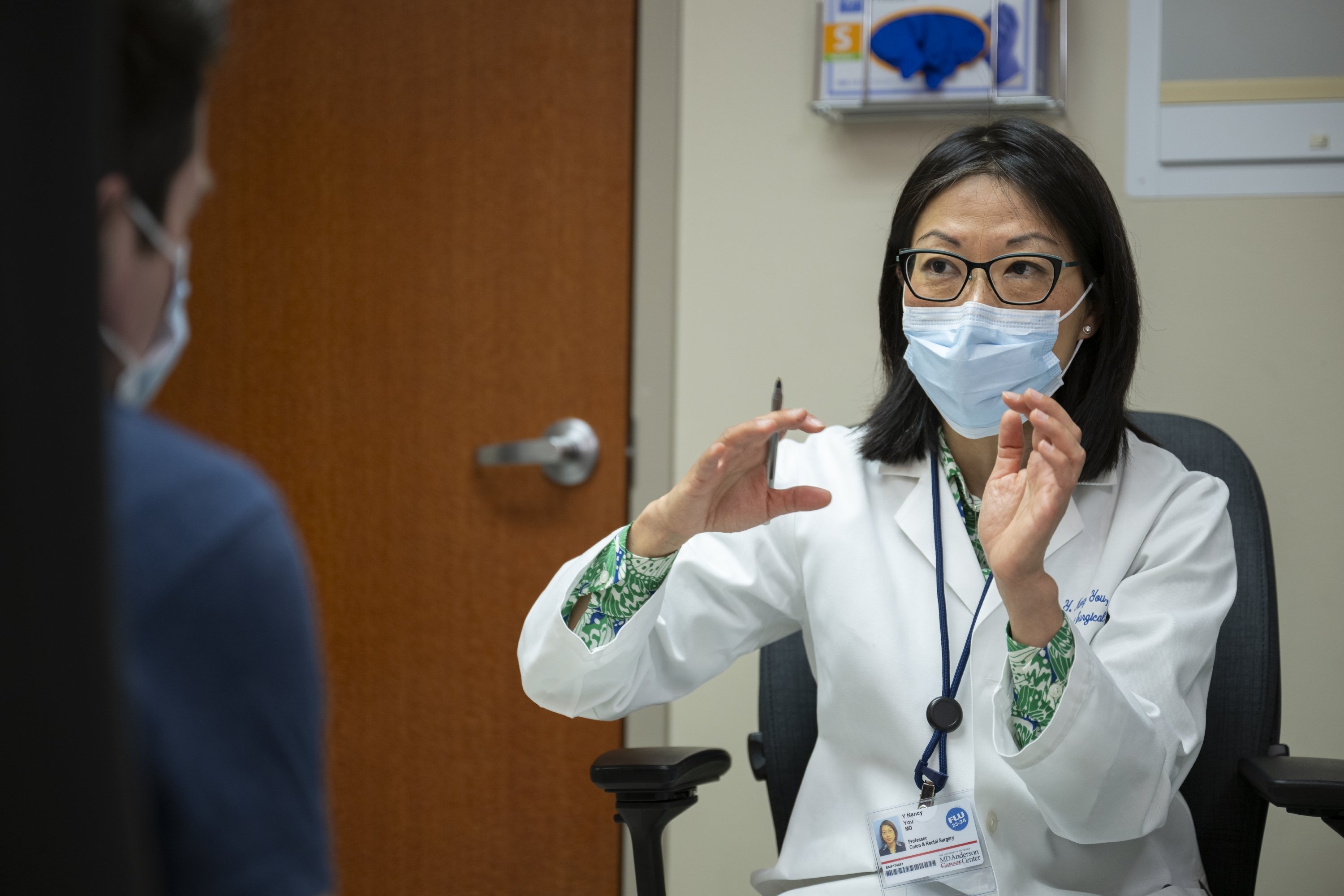- Diseases
- Acoustic Neuroma (14)
- Adrenal Gland Tumor (24)
- Anal Cancer (68)
- Anemia (2)
- Appendix Cancer (16)
- Bile Duct Cancer (26)
- Bladder Cancer (72)
- Brain Metastases (28)
- Brain Tumor (232)
- Breast Cancer (714)
- Breast Implant-Associated Anaplastic Large Cell Lymphoma (2)
- Cancer of Unknown Primary (4)
- Carcinoid Tumor (8)
- Cervical Cancer (158)
- Colon Cancer (166)
- Colorectal Cancer (116)
- Endocrine Tumor (4)
- Esophageal Cancer (44)
- Eye Cancer (36)
- Fallopian Tube Cancer (8)
- Germ Cell Tumor (4)
- Gestational Trophoblastic Disease (2)
- Head and Neck Cancer (12)
- Kidney Cancer (128)
- Leukemia (342)
- Liver Cancer (50)
- Lung Cancer (286)
- Lymphoma (278)
- Mesothelioma (14)
- Metastasis (30)
- Multiple Myeloma (100)
- Myelodysplastic Syndrome (60)
- Myeloproliferative Neoplasm (4)
- Neuroendocrine Tumors (16)
- Oral Cancer (100)
- Ovarian Cancer (172)
- Pancreatic Cancer (160)
- Parathyroid Disease (2)
- Penile Cancer (14)
- Pituitary Tumor (6)
- Prostate Cancer (146)
- Rectal Cancer (58)
- Renal Medullary Carcinoma (6)
- Salivary Gland Cancer (14)
- Sarcoma (238)
- Skin Cancer (296)
- Skull Base Tumors (56)
- Spinal Tumor (12)
- Stomach Cancer (64)
- Testicular Cancer (28)
- Throat Cancer (92)
- Thymoma (6)
- Thyroid Cancer (96)
- Tonsil Cancer (30)
- Uterine Cancer (80)
- Vaginal Cancer (16)
- Vulvar Cancer (20)
- Cancer Topic
- Adolescent and Young Adult Cancer Issues (20)
- Advance Care Planning (10)
- Biostatistics (2)
- Blood Donation (18)
- Bone Health (8)
- COVID-19 (362)
- Cancer Recurrence (120)
- Childhood Cancer Issues (120)
- Clinical Trials (630)
- Complementary Integrative Medicine (22)
- Cytogenetics (2)
- DNA Methylation (4)
- Diagnosis (232)
- Epigenetics (6)
- Fertility (62)
- Follow-up Guidelines (2)
- Health Disparities (14)
- Hereditary Cancer Syndromes (126)
- Immunology (18)
- Li-Fraumeni Syndrome (8)
- Mental Health (116)
- Molecular Diagnostics (8)
- Pain Management (62)
- Palliative Care (8)
- Pathology (10)
- Physical Therapy (18)
- Pregnancy (18)
- Prevention (914)
- Research (392)
- Second Opinion (74)
- Sexuality (16)
- Side Effects (604)
- Sleep Disorders (10)
- Stem Cell Transplantation Cellular Therapy (216)
- Support (402)
- Survivorship (320)
- Symptoms (182)
- Treatment (1786)
Study: How you cook meat can affect your kidney cancer risk
2 minute read | Published November 09, 2015
Medically Reviewed | Last reviewed by an MD Anderson Cancer Center medical professional on November 09, 2015
Red meat and processed meat have long been linked to increased cancer risk. But did you know the way you cook meat also can affect your cancer risk?
Eating meat cooked at high temperatures through methods like barbecuing and pan-frying can increase a person's chances of developing kidney cancer, according to a new study from our researchers.
"This study encourages us to look not only at what foods we're eating, but also how we're preparing those foods," says Stephanie Melkonian, Ph.D., Epidemiology postdoctoral fellow and lead author of the study.
How barbecuing and pan-frying meat affects cancer risk
When you cook meat using high temperature methods, like barbecuing and pan-frying, that result in smoke and charring on the meat, harmful compounds classified as carcinogens may form. A carcinogen is something that can cause cancer, like tobacco use or sun exposure. Because red meat generally contains more muscle and fat, researchers suspect it's more likely to produce carcinogens than lean or white meats.
More research is needed to determine if eating other foods cooked in similar ways can increase cancer risk, too.
This study adds to a growing body of research implicating red, processed, charred and smoked meats in cancers of the colon, kidney, and other organ sites.
The study also found that these carcinogens may put some people at higher risk for kidney cancer based on their genetics. For this reason, Melkonian suggests learning more about your family cancer history and looking at your diet.
Take steps to lower your cancer risk
The good news is that there are ways you can maintain a healthy diet and lower your cancer risk. Follow these steps.
- Eat a plant-based diet. Two-thirds of your plate should be made up of food that comes from plants, like fruits, vegetables and whole grains.
- Limit red meat and avoid processed meats. If you do eat red meat, eat no more than 18 ounces per week. That's about the size of three decks of cards or four tennis balls.
- Try these healthier protein options:
- Plant proteins (beans, legumes and soy)
- Fish
- Chicken
- Turkey breast
- Low-fat dairy foods
- Eggs
- Consider new or different ways to cook your meat. Because barbecuing, pan-frying and cooking meat over an open flame produce carcinogens, try other methods, like baking or broiling. If you decide to grill meat, use these practices to avoid exposure to cancer-causing substances:
- Use another indirect heat cooking method like microwaving or baking to partially cook meat before throwing it on the grill
- Try not to char or burn meat.
- Use an acidic citrus- or vinegar-based marinade before cooking meat
- Trim the fat and skin.
"We can all change what we eat," says Carrie Daniel-MacDougall, Ph.D., Epidemiology assistant professor. "I know it's not easy, but it's something we can do to lower our cancer risk."

This study encourages us to look not only at what foods we're eating, but also how we're preparing those foods.
Stephanie Melkonian
Researcher





